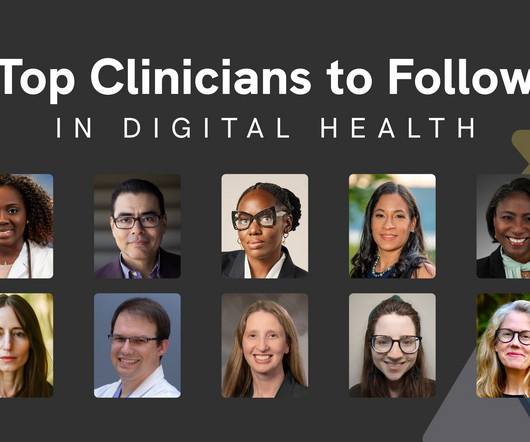Where Can You Work As A Phlebotomist
Phlebotomy Careers
JULY 19, 2025
Phlebotomists play a vital role in medical diagnostics by collecting blood samples that help diagnose and treat countless conditions. Quick Certification: Becoming certified typically takes less than a year, allowing you to start working sooner.













Let's personalize your content